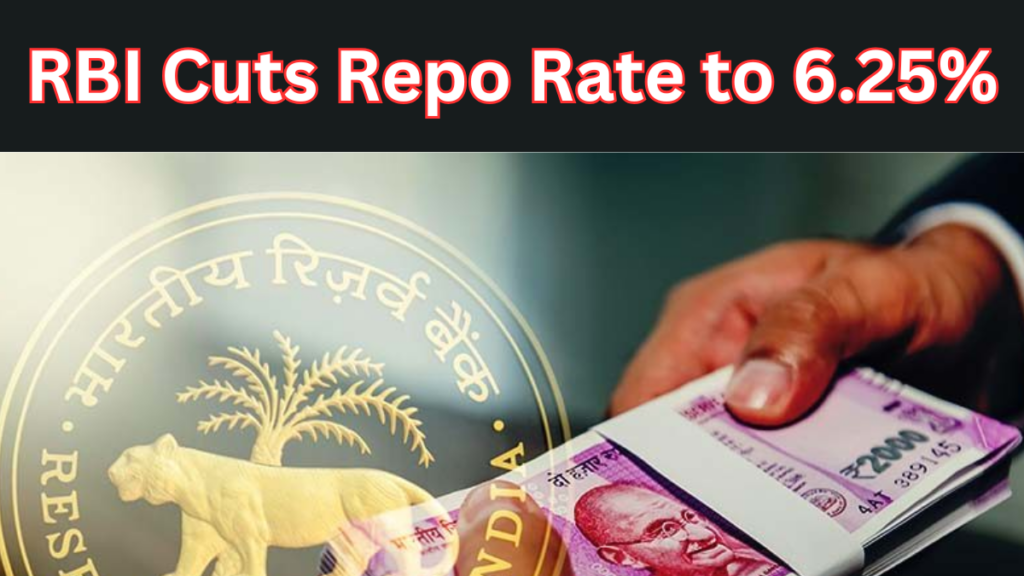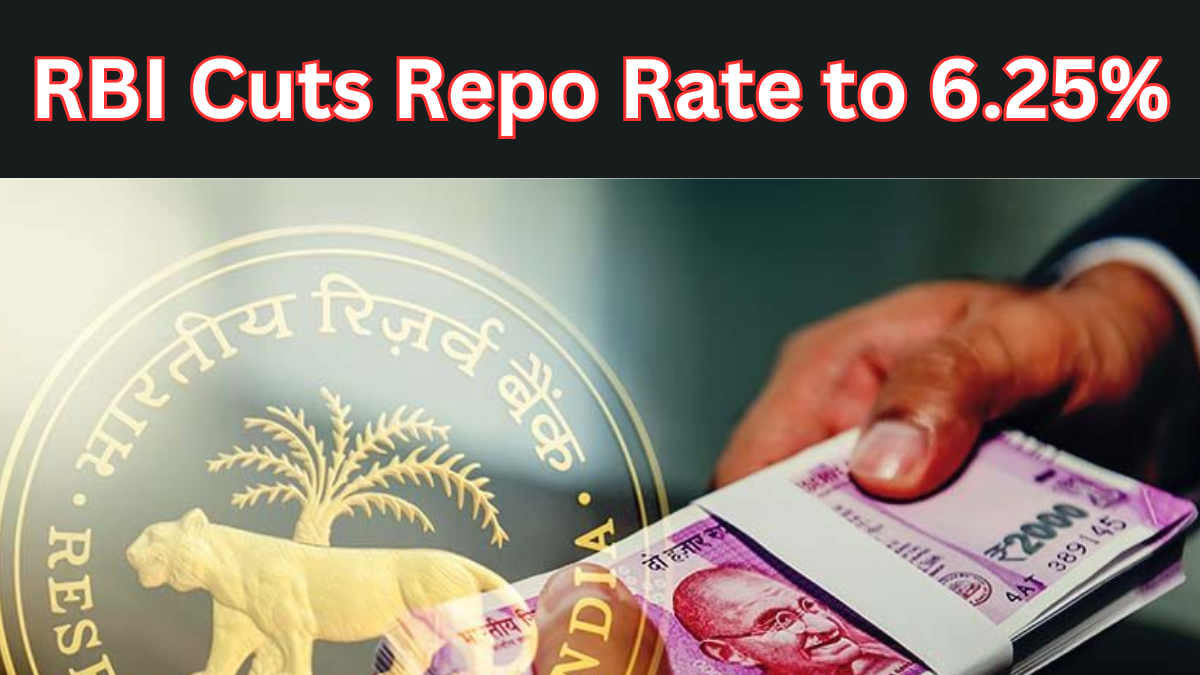The Reserve Bank of India (RBI), in its first Monetary Policy Committee (MPC) meeting post-Budget 2025, has announced a repo rate cut of 25 basis points, bringing it down to 6.25%. This marks the first rate cut in nearly five years after a prolonged phase of rate hikes and stability triggered by global economic uncertainties.
This move comes amid easing inflation and a moderation in growth prospects, signaling a shift in economic policy to encourage consumption and investment.

Economic Outlook and RBI’s Projections
Despite the rate cut, the RBI remains optimistic about India’s economic resilience and has projected the GDP growth rate at 6.7% for FY 2025-26.
Experts believe that the rate cut, combined with the recent Union Budget’s housing-focused initiatives, will give a substantial push to homebuyer sentiment and the real estate sector.
Impact on the Real Estate Sector
The real estate industry has welcomed the RBI’s decision, as it is expected to have a positive ripple effect across housing demand, financing costs, and liquidity. Experts from the sector have highlighted several key benefits:
1. Boost to Housing Demand
- Homebuyers will benefit from lower EMIs, making homeownership more affordable.
- This is particularly beneficial for first-time buyers and those considering affordable housing.
- A surge in demand is expected across Tier I, II, and III cities.
2. Lower Interest Rates on Home Loans
- Banks and financial institutions are expected to pass on the benefit of lower repo rates to customers.
- Reduced home loan rates will further strengthen positive market momentum.
3. Impact on Housing Prices
- Over the past year, housing prices in India’s top 7 cities have seen an increase of 13%-30%.
- NCR led the surge with a 30% hike in average prices.
- Lower interest rates could help balance affordability amidst rising property rates.
| City | Avg Price per sq. ft. (2023-end) | Avg Price per sq. ft. (2024-end) | Annual Increase |
|---|---|---|---|
| NCR | INR 6,500 | INR 8,450 | 30% |
| Mumbai | INR 10,500 | INR 12,500 | 19% |
| Bengaluru | INR 6,200 | INR 7,300 | 18% |
| Chennai | INR 5,800 | INR 6,750 | 16% |
| Pune | INR 6,400 | INR 7,600 | 19% |
| Hyderabad | INR 5,900 | INR 7,000 | 19% |
| Kolkata | INR 5,300 | INR 6,100 | 15% |
Industry Experts Weigh In
Vimal Nadar, Head of Research, Colliers India
“The rate cut, alongside the budgetary provisions such as the Urban Challenge Fund and tax reliefs, will boost urban growth and consumption. Higher disposable income and reduced financing costs will benefit both homebuyers and developers.”
Dhruv Agarwala, Group CEO, Housing.com & Proptiger.com
“This repo rate cut is a strategic move that will lower home loan interest rates, benefiting both potential buyers and existing borrowers. Additionally, it will enhance liquidity for developers, accelerating project completions.”
Anuj Puri, Chairman, ANAROCK Group
“With housing prices rising significantly, this rate cut is a well-timed breather. It will encourage hesitant first-time homebuyers to step into the market, particularly in the affordable housing segment.”
Udit Jain, Director, OneGroup
“The cut will play a significant role in Tier II and III cities where affordability is a key factor. The combination of lower interest rates and increased savings from the revised tax slabs in Budget 2025-26 will drive housing demand.”
Impact Beyond Residential Real Estate
While the residential sector stands to gain the most, commercial real estate and Real Estate Investment Trusts (REITs) will also benefit:
- Office spaces: Lower borrowing costs for businesses could fuel growth in the office space market.
- REITs: With falling interest rates, investors seeking stable returns may find REITs more attractive, increasing demand in this sector.
Conclusion
The repo rate cut is a much-needed boost for homebuyers and developers alike. With more disposable income, better financing options, and enhanced liquidity in the market, the real estate sector is poised for a positive shift. If banks effectively pass on the benefits of this rate reduction, homeownership will become more accessible, fueling continued growth in India’s housing sector.
Frequently Asked Questions (FAQs)
1. How will the RBI’s repo rate cut impact home loan interest rates?
The repo rate cut will lead to lower borrowing costs for banks, which in turn should result in reduced home loan interest rates. However, the actual benefit to borrowers will depend on how quickly banks pass on the rate cut.
2. Is this a good time to buy a home?
Yes, with lower home loan rates and supportive budgetary measures, this is an opportune time for potential homebuyers, especially in the affordable and mid-segment housing categories.
3. Will the repo rate cut benefit existing home loan borrowers?
Existing borrowers with floating interest rate loans will likely see a reduction in EMI payments. However, those with fixed-rate loans will not be impacted.
4. How will the rate cut affect property prices?
While housing prices have risen over the past year, lower interest rates could make homeownership more affordable, easing the financial burden on buyers and potentially stabilizing price hikes in the long run.
Click here to learn more
Sachin is a dedicated writer specializing in education, career, and recruitment topics, delivering clear and actionable insights to empower readers.
